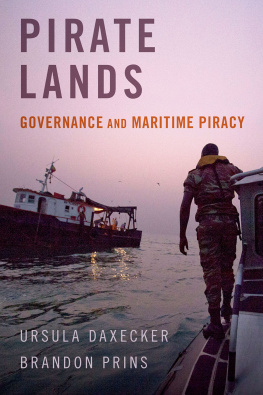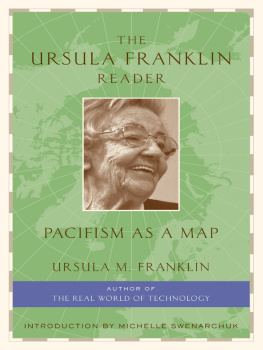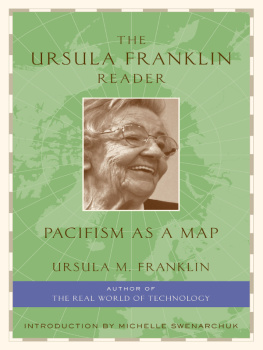Pirate Lands

Oxford University Press is a department of the University of Oxford. It furthers the Universitys objective of excellence in research, scholarship, and education by publishing worldwide. Oxford is a registered trade mark of Oxford University Press in the UK and certain other countries.
Published in the United States of America by Oxford University Press
198 Madison Avenue, New York, NY 10016, United States of America.
Oxford University Press 2021
All rights reserved. No part of this publication may be reproduced, stored in a retrieval system, or transmitted, in any form or by any means, without the prior permission in writing of Oxford University Press, or as expressly permitted by law, by license, or under terms agreed with the appropriate reproduction rights organization. Inquiries concerning reproduction outside the scope of the above should be sent to the Rights Department, Oxford University Press, at the address above.
You must not circulate this work in any other form and you must impose this same condition on any acquirer.
Library of Congress Cataloging-in-Publication Data
Names: Daxecker, Ursula, author. | Prins, Brandon C., author.
Title: Pirate lands : governance and maritime piracy /
Ursula Daxecker & Brandon Prins.
Description: New York : Oxford University Press, 2021. |
Includes bibliographical references and index.
Identifiers: LCCN 2020030208 (print) | LCCN 2020030209 (ebook) |
ISBN 9780190097394 (hardback) | ISBN 9780190097417 (epub) |
ISBN 9780190097400 (updf) | ISBN 9780190097424 (online)
Subjects: LCSH: PiracyIndonesia. | PiracyNigeria. | PiracySomalia. |
CorruptionIndonesia. | CorruptionNigeria. | CorruptionSomalia. |
Infrastructure (Economics)Indonesia. | Infrastructure
(Economics)Nigeria. | Infrastructure (Economics)Somalia.
Classification: LCC HV6433.786.I64 D39 2021 (print) |
LCC HV6433.786.I64 (ebook) | DDC 364.16/4dc23
LC record available at https://lccn.loc.gov/2020030208
LC ebook record available at https://lccn.loc.gov/2020030209
DOI: 10.1093/oso/9780190097394.001.0001
CONTENTS
This book is the product of several years of intensive research. Our initial idea to explore the political economy and geography of maritime piracy was sparked by coverage of piracy in the Gulf of Aden, including spectacular attacks such as that on the Maersk Alabamain April 2009. This interest led us to explore piracy across the globe and throughout history. For us, modern-day piracy provided a vantage point from which to study the limits of state authority and the challenges involved in tackling persistent poverty, war, and environmental degradation in an increasingly globalized world. Global trends, in particular the end of the Cold War and the rapid expansion of trade volumes, are important for understanding why piracy re-emerged in the late 1980s. But it is very much local economic and political governance configurations that create the conditions for the emergence and persistence of piracy. Our book joins a growing literature highlighting the importance of looking beyond the nation-state to understand the dynamics of conflict and crime. As we hope this book demonstrates, the subnational turn in peace research is extremely useful for studying the underlying conditions associated with modern pirate attacks.
It is fitting that we as authors first met in New Orleans, a city in which Jean Lafittes pirate legacy looms large. A famous local bar and even a national park are named after him. During their prime, Lafitte and his older brother carried out frequent pirate operations along the Gulf Coast and into the Caribbean, benefiting from their superior knowledge of local waterways and inlets. After successful raids, the brothers sold their contraband from warehouses in New Orleans and open-air markets on Grand Terre Island, eluding capture in part because of support from the local population. As we will show, local knowledge, markets, and community support still matter for understanding piracy in places such as Indonesia, Nigeria, and Somalia today.
We have received extensive support to complete the research for this book. Two grants from the Office of Naval Research (Minerva grants N00014-14-1-0050 and N00014-16-1-3136) along with assistance from the University of Tennessee and the University of Amsterdam facilitated our scholarly work over the past years. Brandon also acknowledges the Howard Baker Center, directed by Professor Matt Murray, for generously sponsoring his research.














